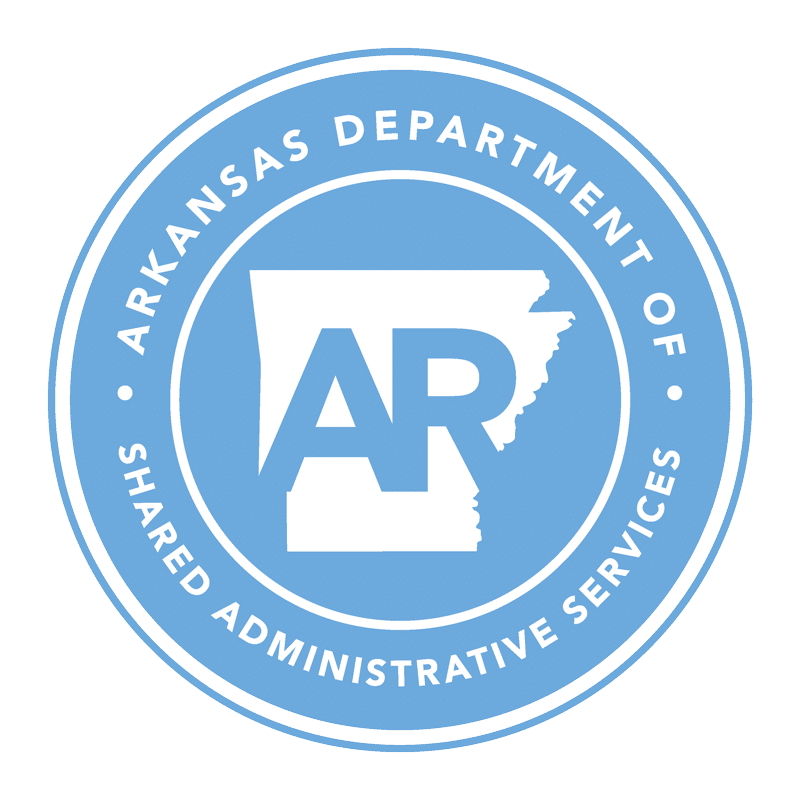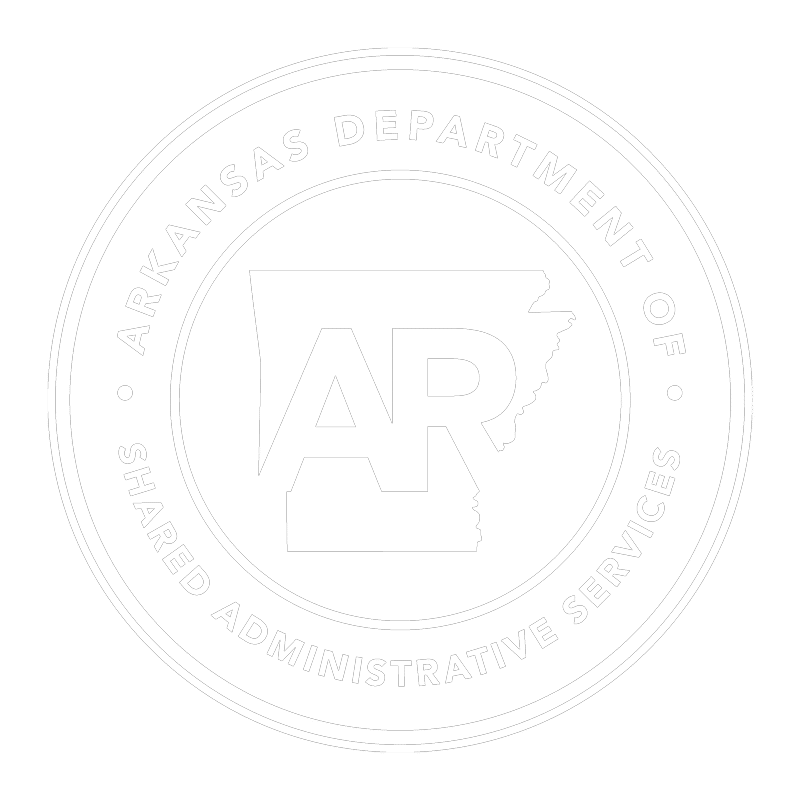Job Class Search
Job Details
Epidemiology Supervisor/Expert
The Epidemiology Supervisor/Expert is a leadership role responsible for overseeing a team of epidemiologists and public health professionals. This position involves supervising, guiding, and supporting staff in conducting epidemiological research, disease surveillance, and health data analysis. The role requires in-depth knowledge of epidemiology, public health practices, and data management, with the goal of identifying and mitigating public health risks, improving health outcomes, and driving evidence-based policy decisions. The Epidemiology Supervisor/Expert will also contribute to the design and evaluation of public health programs, provide training to staff, and ensure that public health initiatives are carried out in accordance with state and federal regulations. A successful candidate will be an experienced leader with a strong background in epidemiology, excellent communication skills, and the ability to foster a collaborative team environment.
Class Code:
Job Grade:
Special Job Requirements:
Typical Functions:
Knowledge, Abilities, and Skills:
Minimum Qualifications:
Required Certificates:
Exempt:

